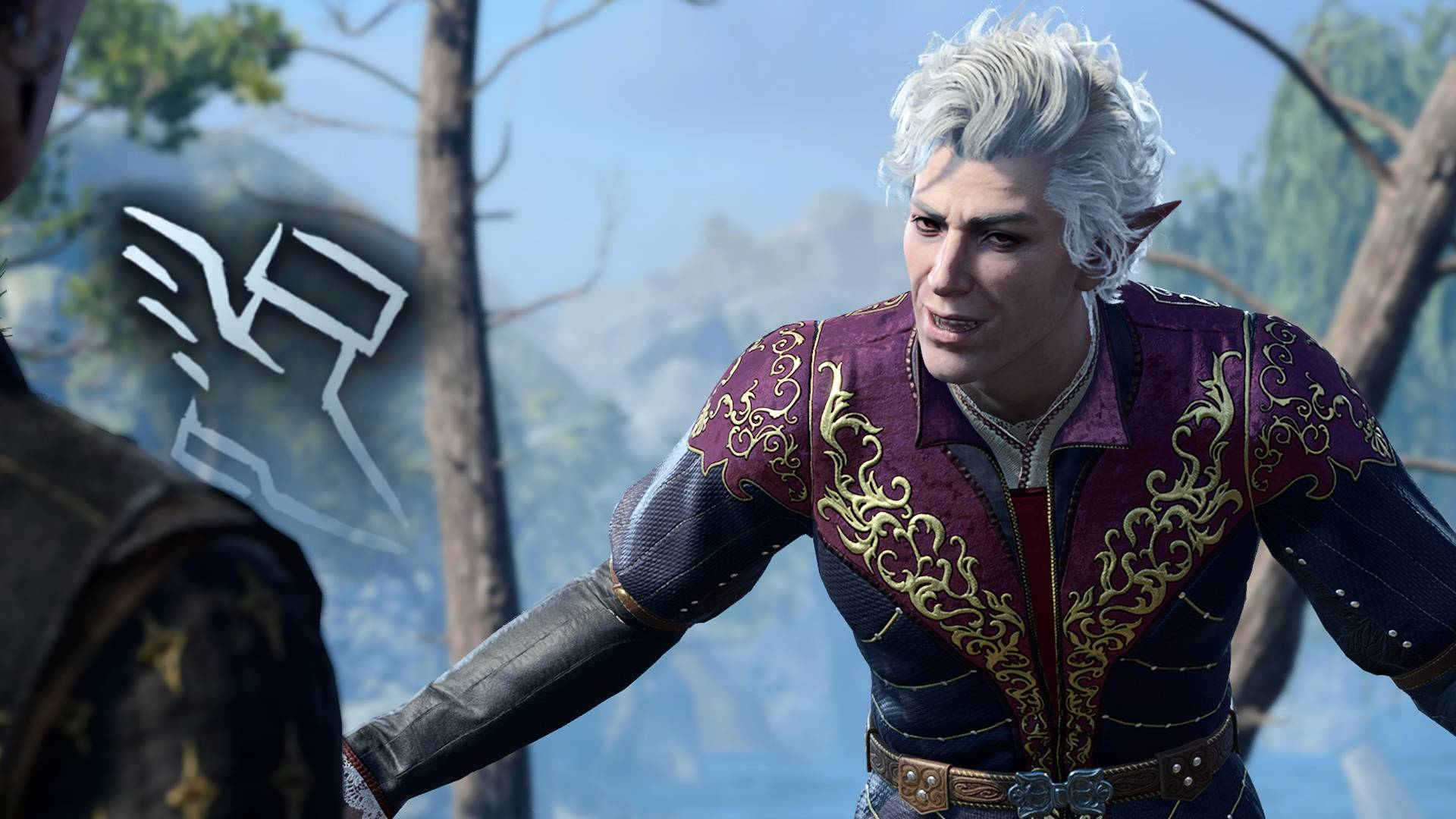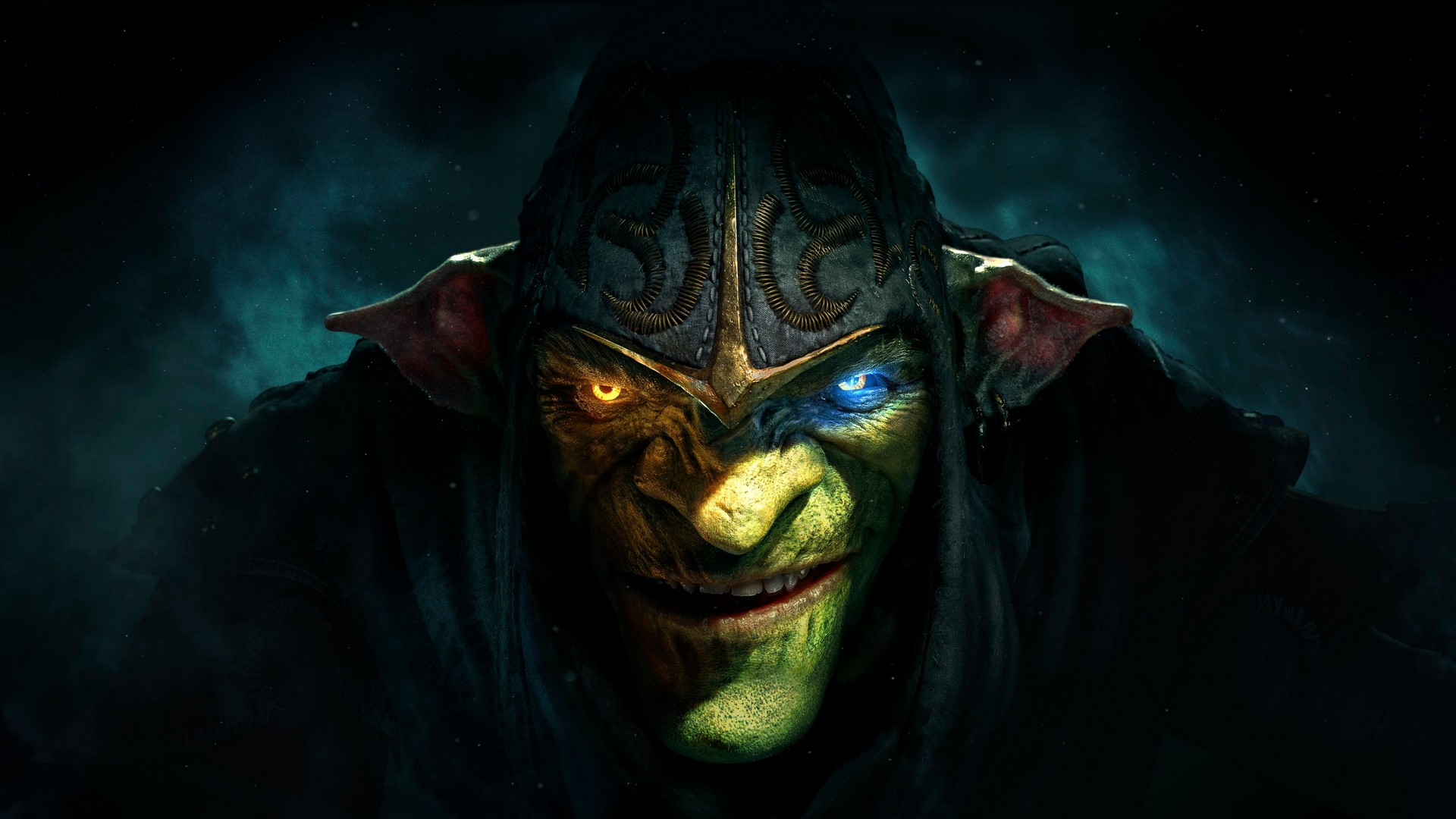Now that I know The Blood of Dawnwalker is a vampire game that's not about Doing The Right Thing as a Very Special Boy, 2026 can't come soon enough
Opinion | Dawnwalker might fix the most boring thing about vampire RPGs: morality in immortality
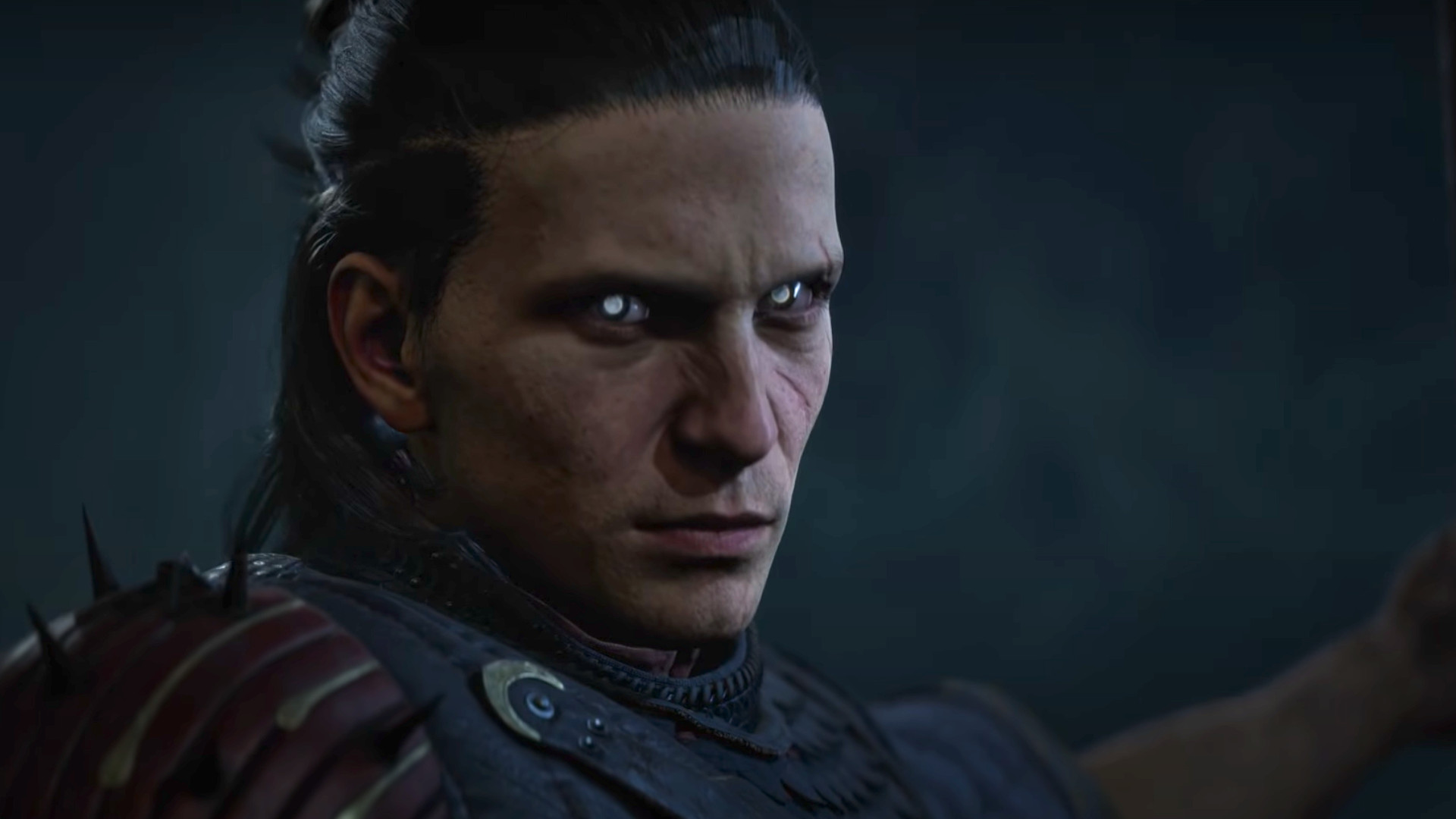
Weekly digests, tales from the communities you love, and more
You are now subscribed
Your newsletter sign-up was successful
Want to add more newsletters?

Every Friday
GamesRadar+
Your weekly update on everything you could ever want to know about the games you already love, games we know you're going to love in the near future, and tales from the communities that surround them.

Every Thursday
GTA 6 O'clock
Our special GTA 6 newsletter, with breaking news, insider info, and rumor analysis from the award-winning GTA 6 O'clock experts.

Every Friday
Knowledge
From the creators of Edge: A weekly videogame industry newsletter with analysis from expert writers, guidance from professionals, and insight into what's on the horizon.

Every Thursday
The Setup
Hardware nerds unite, sign up to our free tech newsletter for a weekly digest of the hottest new tech, the latest gadgets on the test bench, and much more.

Every Wednesday
Switch 2 Spotlight
Sign up to our new Switch 2 newsletter, where we bring you the latest talking points on Nintendo's new console each week, bring you up to date on the news, and recommend what games to play.

Every Saturday
The Watchlist
Subscribe for a weekly digest of the movie and TV news that matters, direct to your inbox. From first-look trailers, interviews, reviews and explainers, we've got you covered.

Once a month
SFX
Get sneak previews, exclusive competitions and details of special events each month!
Dark, violent, and dripping with medieval horrors, The Blood of Dawnwalker has devoured my attention this summer. The upcoming vampire RPG is the brainchild of ex-Witcher 3 developers over at their studio Rebel Wolves, and after two heaped servings of new intel thanks to a trailer at Summer Game Fest and a juicy gameplay overview, I'm psyched for more than just another fantasy game.
Rebel Wolves has described its new game as a narrative sandbox experience – and that autonomy extends to its combat systems, too. As a half human, half vampire, The Blood of Dawnwalker protagonist Coen has access to two separate playstyles in a way that's never been seen before: they're tied to the time of day, meaning you never have to choose between them. Not outright, anyway.
The Blood of Dawnwalker is the kind of vampire RPG I've been craving since Vampyr. Instead of focusing on the moral implications of the vampiric condition, Rebel Wolves presents two equally strong power fantasies in one. It demonstrates a welcome evolution of vampirism in video games, showcasing the developer's goal of putting player choice center stage rather than asking us to trade might for the moral high ground yet again. Personally? I'm already sat.
Just one bite
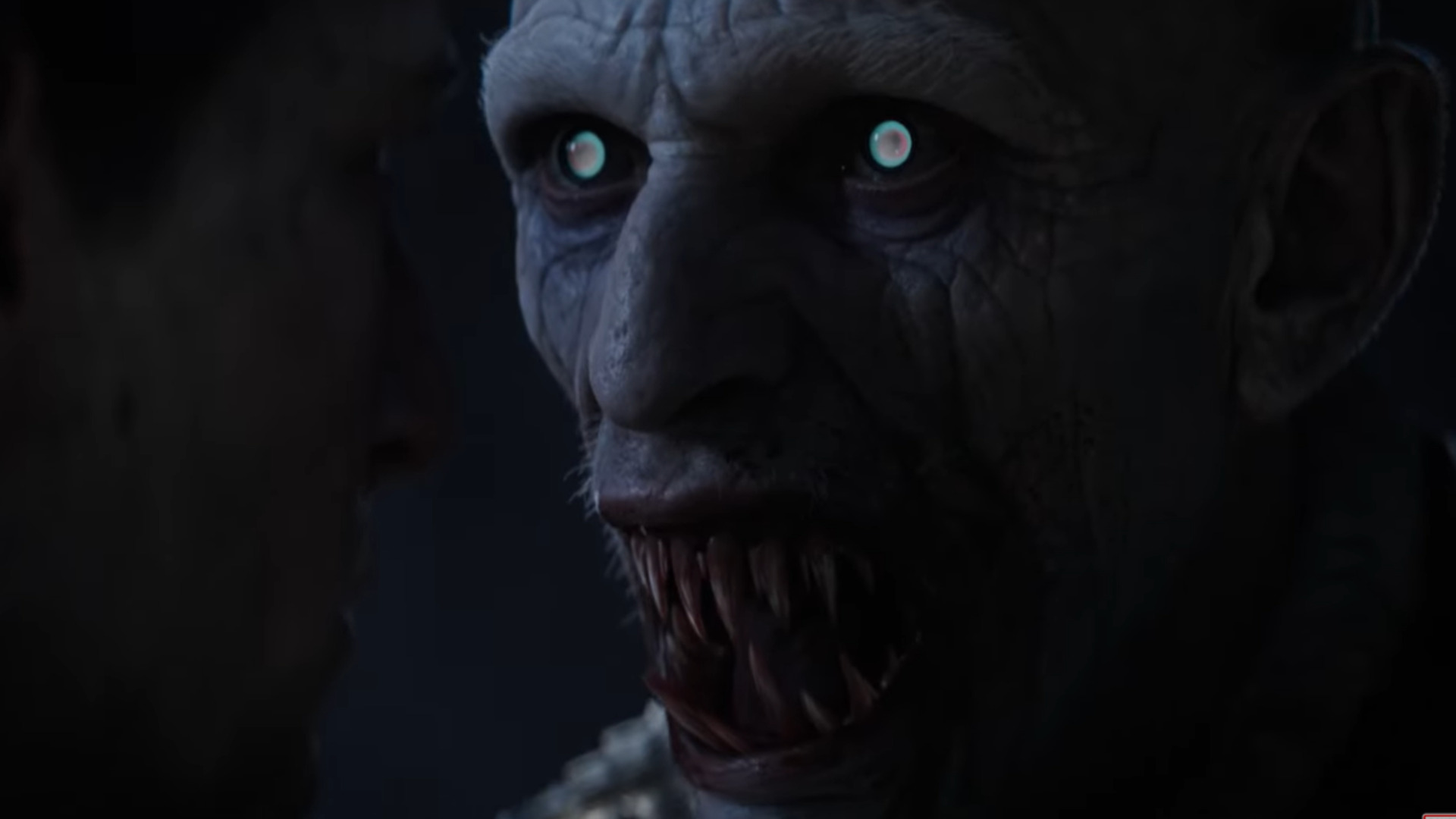
As a staunch fan of all things bloodsucker, the thing I'm most excited for Rebel Wolves to explore in Blood of Dawnwalker is vampire lore itself.
From the process of turning to social politics, power dynamics, and the oppositional forces of good versus evil, there are many vampiric codes and conventions we come across in pop culture that largely reinforce each other. But Rebel Wolves is daring to do things a little differently, all in the name of reinforcing the game's arcane setting. In doing so, it paves the way for The Blood of Dawnwalker's novel approach to vampire RPG systems, whether it be combat, thirst, or morality.
As articulated by creative director Mateusz Tomaszkiewicz, The Blood of Dawnwalker takes place in the fictional Vale Sangora, a besieged corner of Eastern Europe where a plague-weakened human population has fallen to the might of vampires. It's a world brimming with magic and superstition, where skilled humans are able to channel ancient powers through runes and sigils carved directly into their own flesh. Meanwhile, vampires fight with "claws, enhanced strength, supernatural agility, and dark powers". As Coen, we get it all.
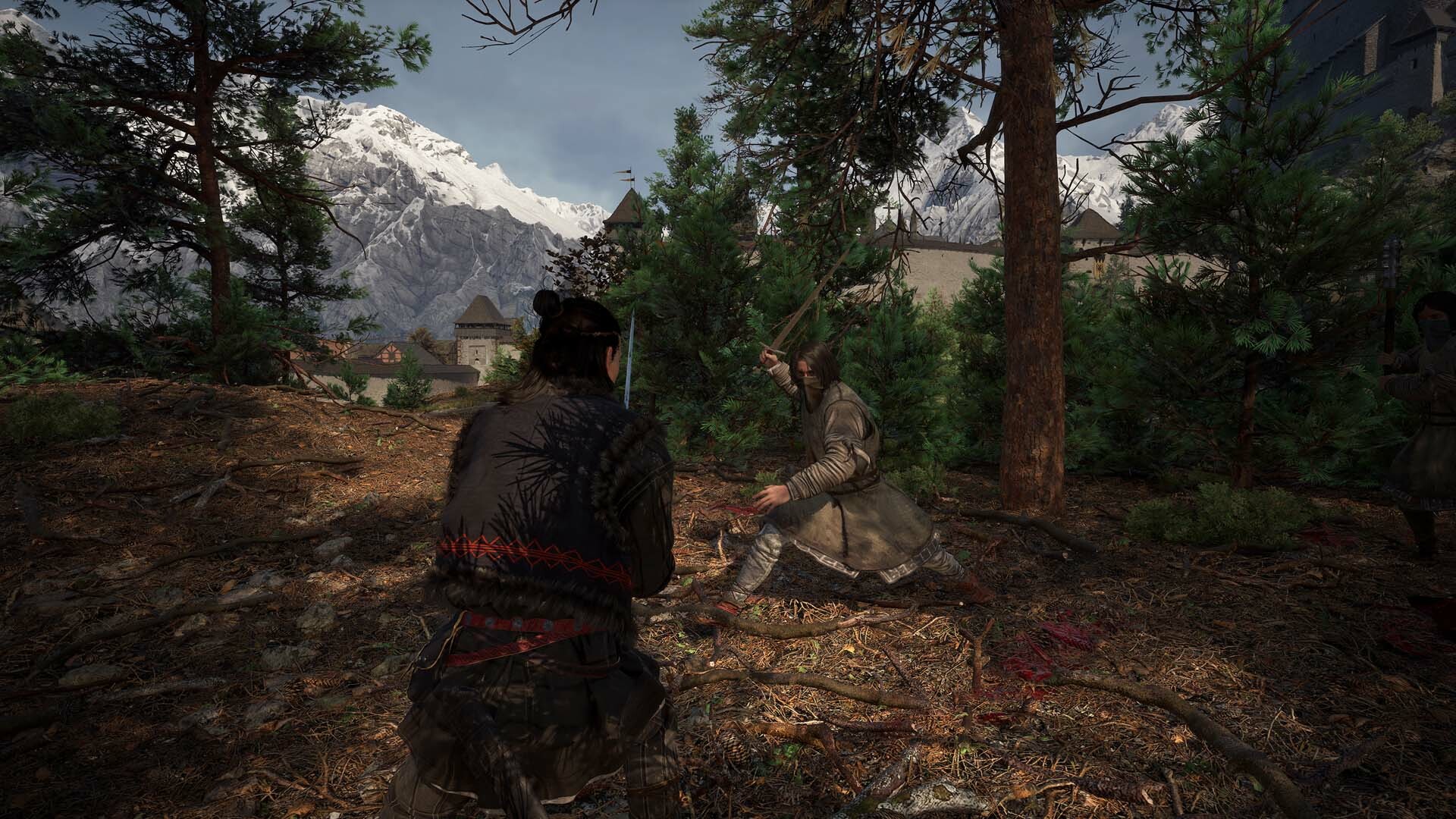
Are vampires born evil, or do some just have evilness thrust upon them?
With his vampire side dormant by day, Coen uses a mix of sword-based melee combat alongside "raw, ritual-based" magic "with dark, primordial origins" to fight off foes, says Tomaszkiewicz. At night, he vamps out – and it's all about flashing your fangs. Already, The Blood of Dawnwalker sounds like a breath of fresh-out-the-coffin air as I embrace all parts of his psyche, not just the ascribed "good," human half.
Weekly digests, tales from the communities you love, and more
The Blood of Dawnwalker turns a universal truth on its head, one widely accepted in most video games: if a character in a game is plagued with vampirism, they must fight to retain their humanity – even if sometimes, there's good to be had in both.
An example of this is Coen's nocturnal health bar, which doubles up as his hunger meter to provide some great roleplaying potential. As shown in the gameplay demo on YouTube, players can choose whether to refill it segment by segment by drinking just a little from a few victims, or they can drain a single victim dry and kill them outright.
Despite feeling like an ethical choice, it's really more about survival. Blood really is the life in The Blood of Dawnwalker, as even if you're playing a good guy, feeding is part of being a vampire. How do you manage that hunger? Well, that's up to you.
Damned in damnation
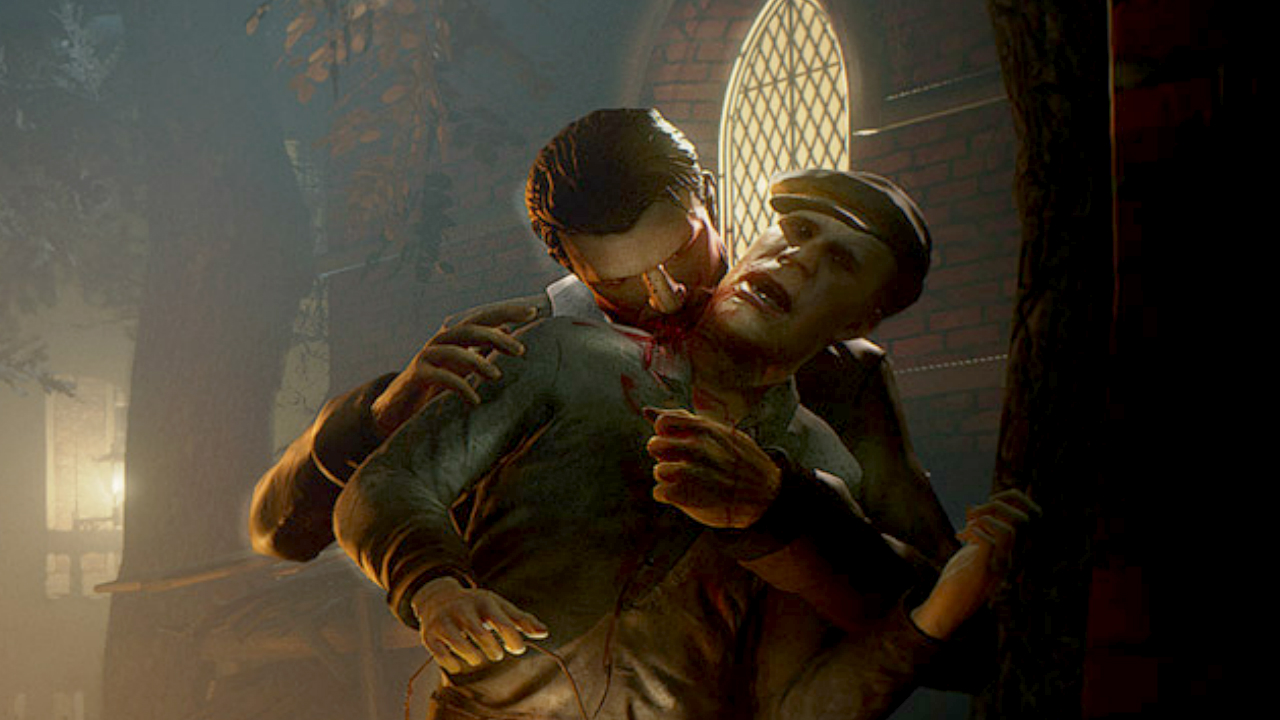
Instead of focusing on the moral implications of the vampiric condition, Rebel Wolves presents two equally strong power fantasies.
This moral flexibility speaks to something I've long yearned for in RPGs. As much as I relish the opportunity to become a child of the night in video games, I'm used to being punished for it – even when there's little reason to be.
A good example of this is how Don't Nod's Vampyr had me agonizing over whether to kill or spare the people of London, eternally chastised for craving some precious extra XP I'd earn by drinking the town dry. Why? Because "vampire = bad," duh.
It's true that vampires have taken on various symbolic meanings over the years, most often representing a parasitic, invasive evil (moral or literal) that taints a person's soul and renders them irredeemable. But the literature student in me will always see Dracula and his brethren as a metaphor for otherness instead, with evil being a wholly subjective part of that othering. Are vampires born evil, or do some just have evilness thrust upon them?
Sadly, that question never gets truly answered in Vampyr. While I enjoyed the resource management side of the feeding system, especially given how it facilitates a lot of the game's side quest material, I was annoyed to find that adaptive difficulty stood in the way of achieving the ultimate vampire power fantasy.
Even after embracing (or drinking, to put it bluntly) the whole city in one fell swoop to max out my level cap before heading into the boss battle – a move I curiously thought might save me the moral repercussions of doing so earlier in the game – my enemy still outranked me by a whole level point.
It felt like power was an illusion; even when I was my most powerful, the game wanted me to feel guilty about it. Because, again: human = good, and vampire = bad.
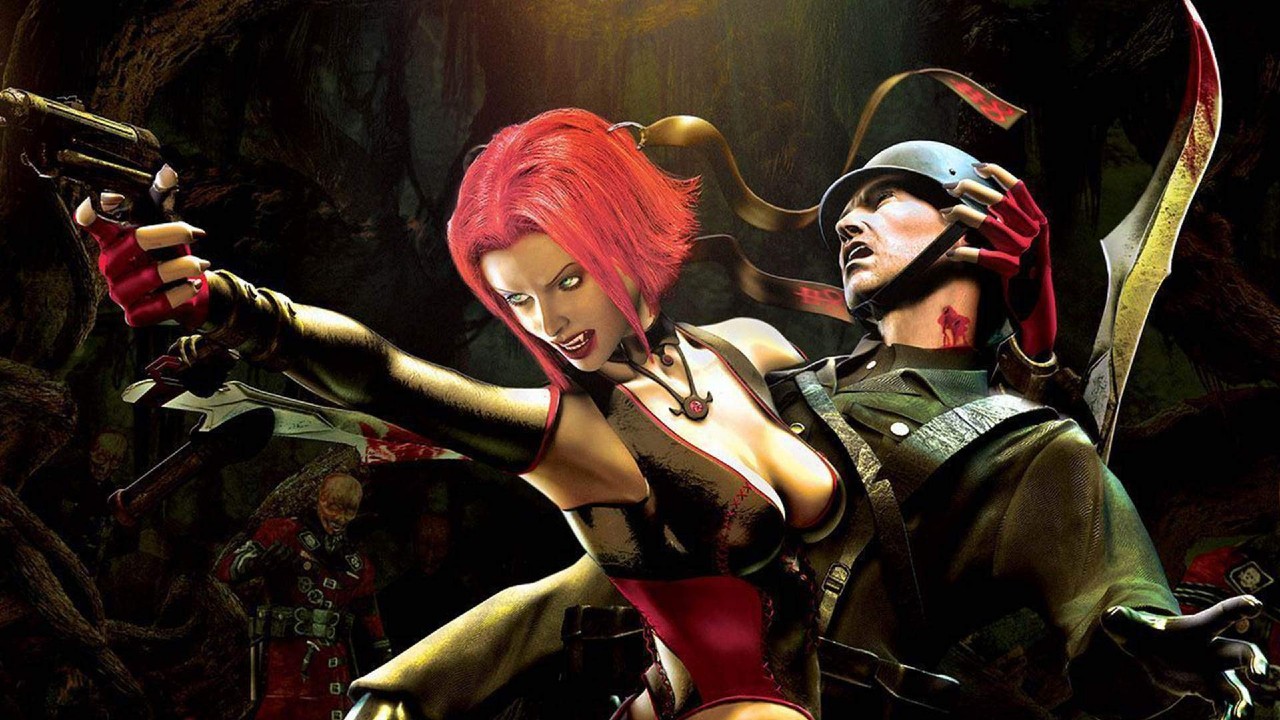
BloodRayne and Dawnwalker treat half-vampirism as empowering rather than morally enfeebling, even if they strike dissimilar tones.
Meanwhile in Vampire: The Masquerade – Bloodlines and upcoming sequel Bloodlines 2, you are an all-out vampire and proud of it.
I love the idea of choosing a clan and sticking with it, using your clan-specific archetypes and abilities to play the game your way, but it still makes for a restrictive experience to know you will be funneled into one way of getting things done for an entire RPG.
As far as half-vampires are concerned, I've seen them pop up in games before, but never have they been articulated so thoughtfully as in The Blood of Dawnwalker. Oddly enough, I do see a lot of similarities in how BloodRayne and Dawnwalker treat half-vampirism as empowering rather than morally enfeebling, even if they strike dissimilar tones.
To put it bluntly, Coen is a dawnwalker whose playstyle changes with the rising moon, while dhampir Rayne is a leather and latex-clad Catwoman-bloodsucker hybrid who struts her way through a beat-'em-up franchise with the odd bit of obnoxiously horny biting thrown in for healing. Good for her.
That similarity is important. Coen and Rayne both use blood as healing aides, though Coen seems far less uh, excited by it in the gameplay I've seen so far. Still, by leaning into the "anti-sexy" vampire trend as popularized by Nosferatu (Rebel Wolves' vampires more closely resemble The Master over Edward Cullen), Dawnwalker manages to present the same pros and cons of half-vampirism as shown in BloodRayne. Put a gun or blade in their hands, and Coen and Rayne are formidable warriors. But they're also vampire assassins and can use their supernaturality to gain an advantage. They can be both things at once, and the player doesn't get an ethics chat about it.
Zeroing back in on The Blood of Dawnwalker specifically, I'm loving how Coen's variable playstyles challenge the perceived rigidity and forced morality of vampirism in RPGs. Whether I end up choosing to align with one side more than the other seems irrelevant as far as combat utility is concerned. The time of day governs Coen's skillset, not my moral compass, so perhaps I don't need to feel bad about being powerful for a change in The Blood of Dawnwalker.
Check out all the best RPGs to play while you wait.

Jasmine is a Senior Staff Writer at GamesRadar+. Raised in Hong Kong and having graduated with an English Literature degree from Queen Mary, University of London, she began her journalism career as a freelancer with TheGamer and TechRadar Gaming before joining GR+ full-time in 2023. She now focuses predominantly on features content for GamesRadar+, attending game previews, and key international conferences such as Gamescom and Digital Dragons in between regular interviews, opinion pieces, and the occasional stint with the news or guides teams. In her spare time, you'll likely find Jasmine challenging her friends to a Resident Evil 2 speedrun, purchasing another book she's unlikely to read, or complaining about the weather.
You must confirm your public display name before commenting
Please logout and then login again, you will then be prompted to enter your display name.
